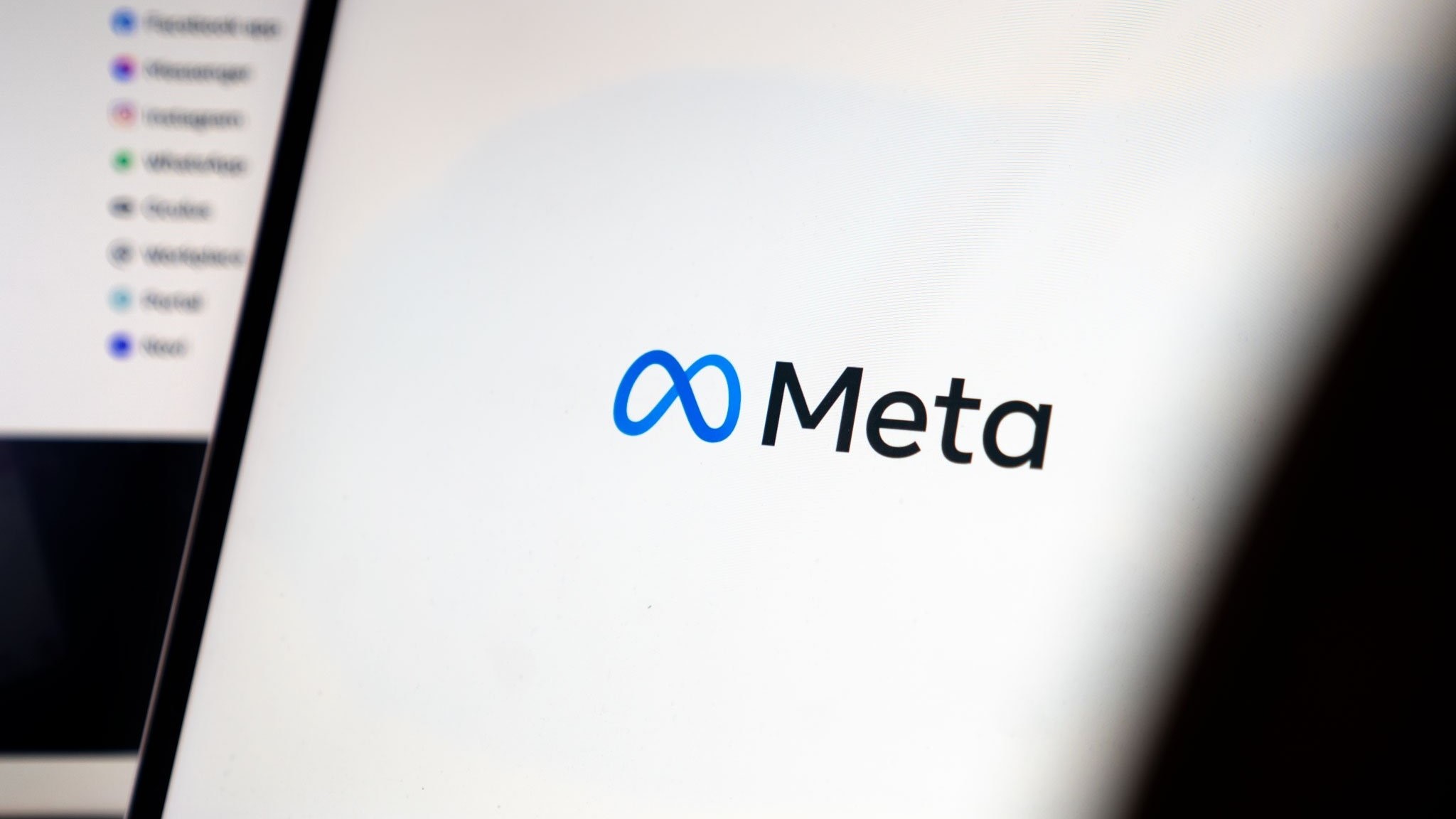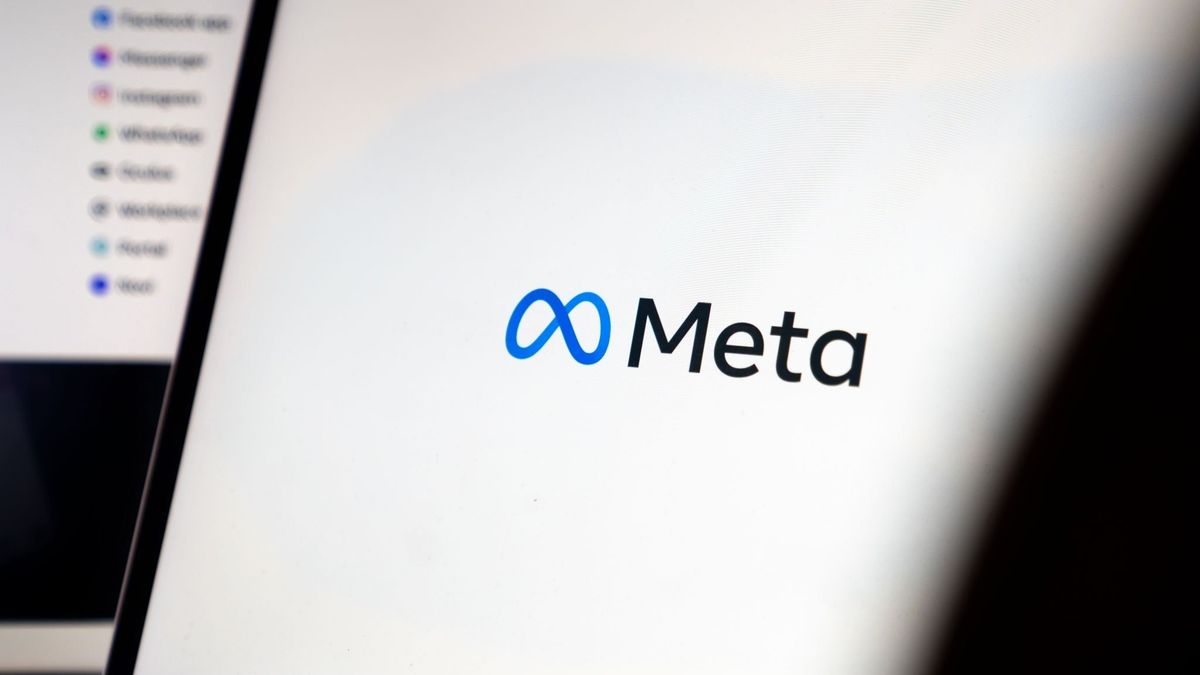
What you need to know
- Zuckerberg’s had enough of leaks at Meta and sent a memo warning that leaking info could get employees fired, but of course, the memo itself leaked almost right away.
- Meta’s CEO is cutting back on transparency in meetings after leaks made it clear that too much info was slipping out.
- To stop leaks, Meta’s ditching the old Q&A style for a poll system, where employees vote on the questions they care about most.
Mark Zuckerberg is fed up with Meta employees spilling the tea from internal meetings. The company sent out a memo warning that leaking info could cost them their job. But, in a classic twist, the memo itself got leaked almost immediately.
Meta’s CISO, Guy Rosen, sent out a memo doubling down on the company’s no-leak policy. The message was clear: if you’re caught sharing internal info, you could face serious consequences—like getting fired.
To address this concern, Zuckerberg is dialing back on transparency in company-wide meetings after too many leaks. In an audio clip snagged by 404 Media (via Fortune), he said, “We try to be really open and then everything I say leaks.”
At Meta’s latest meeting, Mark Zuckerberg cited some pretty controversial updates. He talked about cutting back on DEI programs, tweaking hate speech rules (including ones around sexual orientation), and how the company plans to use performance metrics to decide who might get hit with layoffs.
Rosen stressed that when company data gets leaked or stolen, the fallout isn’t just about the immediate security risks—it goes way beyond that.
“Our teams become demoralized, and we all waste time that is better spent working on our products and toward our goals and mission,” he said.
To crack down on leaks, Meta is ditching the old Q&A style for a voting system. The company is switching to a “poll” system where employees can submit questions ahead of time and vote on them. That way, the discussions focus on the topics everyone actually cares about—and hopefully, fewer details end up spilling out.
Meta used to let employees throw questions into the open during Q&A sessions, with upvotes deciding which ones got the spotlight. But this year, things changed—the vote counts were hidden, and commenting got shut down, as spotted by The Verge.
Big companies with tons of employees are basically leak magnets—it’s almost inevitable that some sensitive info or internal drama will slip out. The bigger the team, the harder it is to keep everything under wraps.
